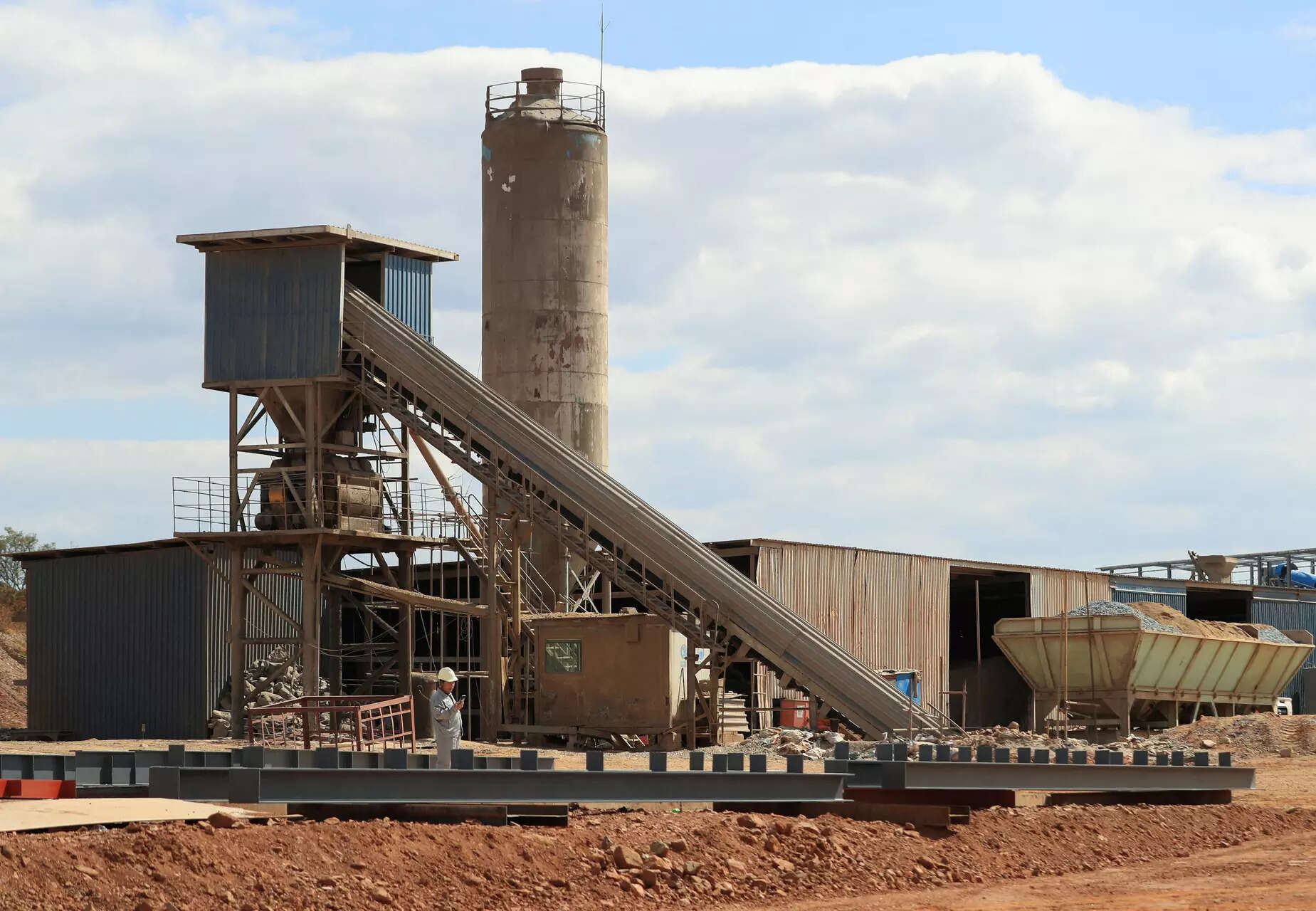
Exxon Mobil (XOM.N) is set to unveil its long-awaited lithium strategy on Monday with an announcement that it aims to start production of the electric vehicle (EV) battery metal in Arkansas by 2026, according to a source with direct knowledge of the oil major’s plans.
Exxon’s expansion into the sector comes as emerging technologies aim to boost global production of the ultralight metal by filtering it from salty brine deposits found across the globe and supplying it to battery makers eager for fresh sources.
Exxon, which invented the lithium-ion battery in the 1970s but stepped away from the technology, plans to begin producing at least 10,000 metric tons per year of lithium in Arkansas by 2026 with partner Tetra Technologies (TTI.N) in what has been labeled “Project Evergreen,” according to the source.
That initial production would be roughly equivalent to the amount needed to produce 100,000 EV batteries.
Reuters reported this year that Exxon had agreed to develop more than 6,100 lithium-rich acres in Arkansas with Tetra, which produces chemicals for water treatment and recycling.
Exxon has been drilling wells in Arkansas this year to study the vast Smackover Formation, a geological formation stretching from Florida to Texas that teems with lithium- and bromine-rich brine. The company has also been testing unproven direct lithium extraction (DLE) technology that will be crucial for commercial operations, according to the source, who was not authorized to speak publicly.
An Exxon spokesperson declined to comment. A representative for Tetra was not immediately available to comment.
For Exxon and other oil companies, lithium production offers the prospect of selling a new product with relatively little added cost. Darren Woods, Exxon CEO since 2017, told investors during a call on Oct. 4 that the lithium sector was “fairly promising.”
He also said: “We see an opportunity to really leverage the things that we’re pretty good at.”
Exxon, like other fossil fuel producers, has faced pressure to reduce carbon emissions from operations. Reuters reported this year that Exxon shareholder Engine No. 1 had pressured the company to deploy DLE.
Exxon is not expected to publicly announce which DLE technology it has chosen, according to the source. The company has a long-standing pattern of not disclosing some vendors.
Reuters reported this year that Exxon and Chevron (CVX.N) held talks with International Battery Metals (IBAT.CD) and EnergySource Minerals about licensing DLE technology.
OTHER ACREAGE
Separate from its Tetra partnership, Exxon also controls more than 100,000 acres in Arkansas from which it plans to begin lithium production by 2027, according to the source.
Exxon acquired that acreage this year from privately held Galvanic Energy, Reuters reported.
It was not clear whether Exxon plans to expand lithium operations outside Arkansas. Like all oil producers, Exxon extracts water containing traces of lithium as part of fossil fuel production. That could help the oil industry morph into the world’s largest lithium supplier, if DLE technologies can be commercialized.
Exxon, like Albemarle (ALB.N), Standard Lithium (SLI.V) and others aiming to produce the battery metal in Arkansas, face a key regulatory roadblock. The southern U.S. state, just north of Louisiana, has a royalty structure for bromine, which Albemarle has long produced there, but not for lithium, which could delay development in the short term.
The Arkansas Oil and Gas Commission, which overseas lithium operations in the state, has said it plans to hold hearings on the matter.
Exxon plans to send at least six representatives to the Benchmark Minerals conference next week in Los Angeles, according to an attendance list seen by Reuters. It would mark the company’s first attendance at the major critical minerals conference.

